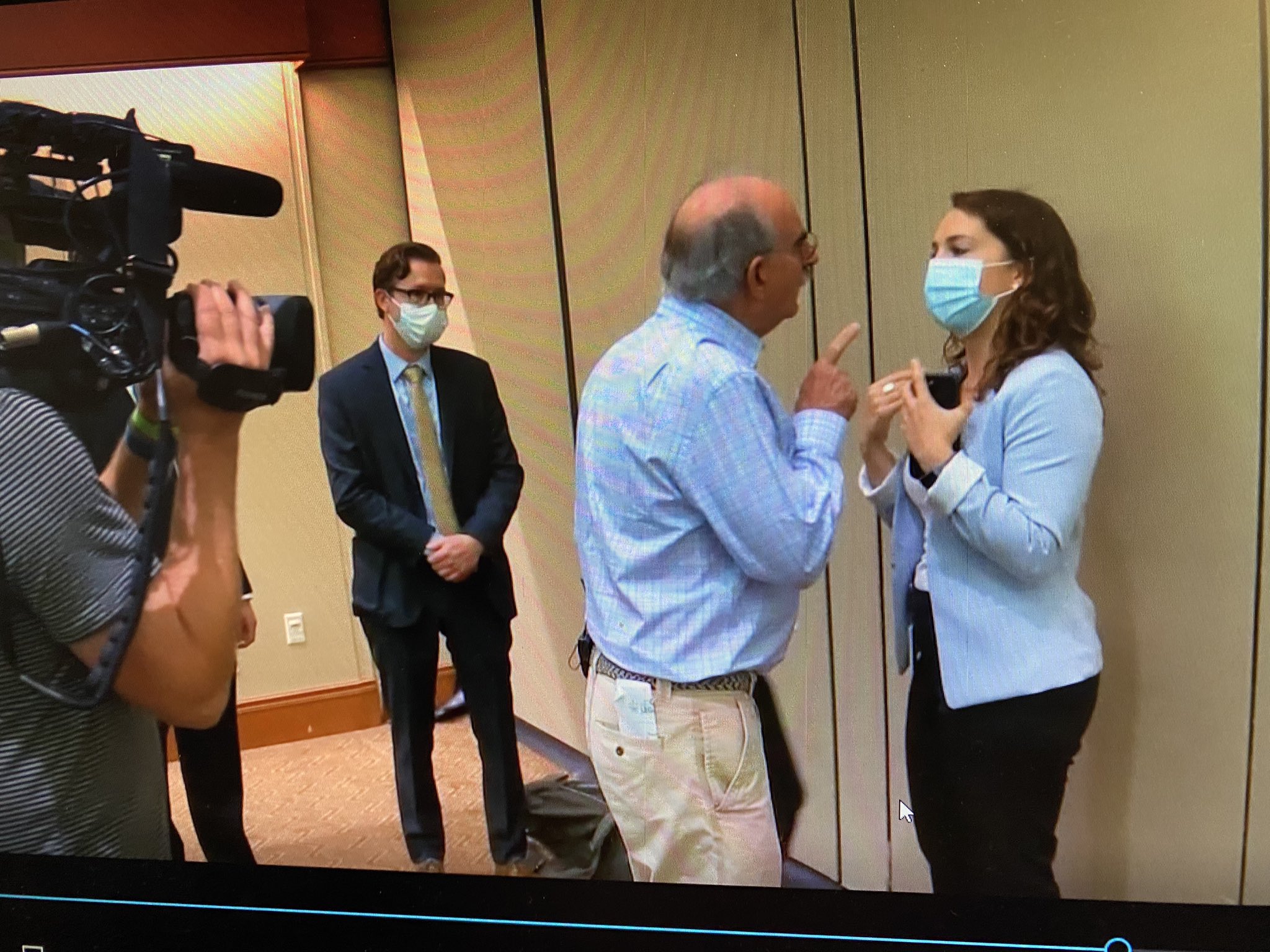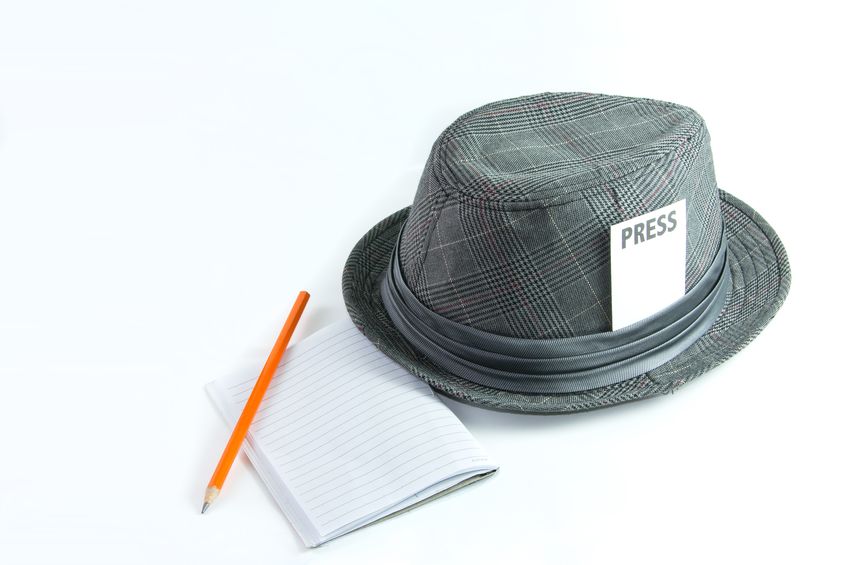Recently, the Albuquerque Journal commissioned a public poll asking whether private conversations are “fair game” for the news media to use publicly.
The results, according to the poll, were uniform: Sixty-five percent of respondents gave a resounding no, while only 18 percent said yes.
But this poll didn’t make clear that the recordings were made legally and that the people being recorded are public figures. These are two very important details.
The news of these recordings, and this poll, prompted a lively conversation about ethics among the journalists in our group. We’d like to share with you some of the things we consider when making decisions about what’s “fair game” in news.
On any given day we may be writing about water, taxes, healthcare, teachers or elections, but every day we share the same ultimate goal: to give you the information you need to be an active, engaged voter and member of your community.
SPJ is the largest and most broad-based journalism organization in the country, but for nearly 100 years we have been united by one thing: a Code of Ethics that guides the decisions we have to make every day. The code has four main tenets with specific guidance for each.
I. Seek truth and report it.
II. Minimize harm
III. Act independently
IV. Be accountable.
While the first tenet of the code advises us to “seek truth and report it,” it also warns us to “avoid undercover or other surreptitious methods of gathering information except when traditional open methods will not yield information vital to the public.”
But in this case, journalists didn’t make the recordings of Clippers owner Donald Sterling or then-candidate Susana Martinez, people close to them did, and they did so legally.
So once reporters found out about the recordings, was it fair to write about them and play them on the air? Again, we can look to the code for guidance. The third tenet reminds us that we should “be vigilant and courageous about holding those with power accountable.”
Journalists do think about how news will affect the people we cover and we take their privacy seriously. (That’s why we usually don’t publish the names of victims of sexual assault.) But while we aim to “minimize harm,” our duty to the public means we must also “recognize that private people have a greater right to control information about themselves than do public officials and others who seek power, influence or attention.”
In this case, both the owner of the Clippers and a candidate for governor made themselves public figures.
That’s why so many news organizations came to the conclusion that it was “fair game” to report on these recordings.
Often sharing “private” information is the only way whistleblowers can to expose vital information that shouldn’t be hidden from the public. As journalists, we rely on leaked information to shine a light on public figures and elected officials who violate the public trust.
At SPJ, we support reporters’ rights to use private conversations in ways that stay true to the responsible practice of journalism. We also welcome your thoughts and questions about how and why we work.


